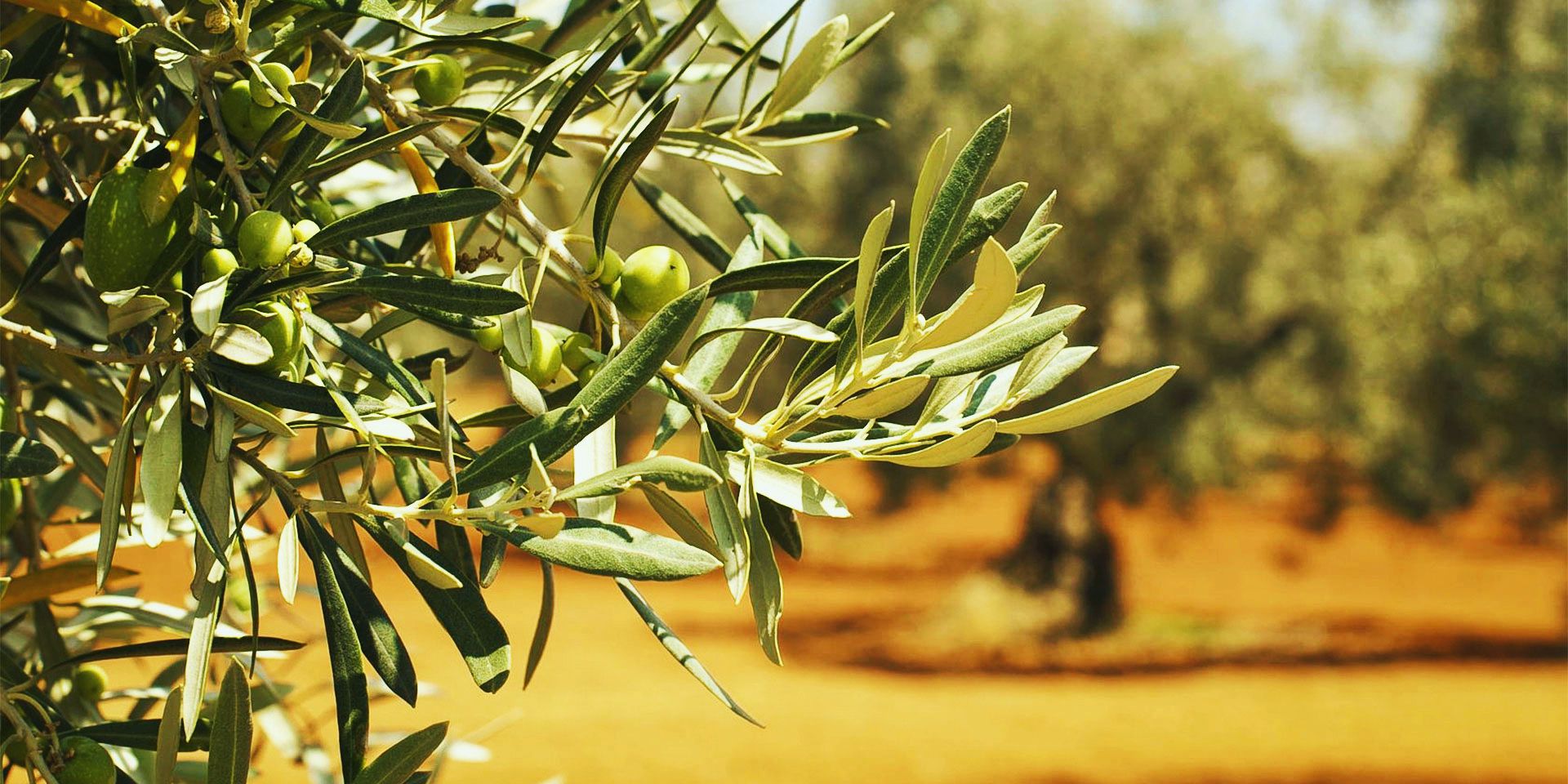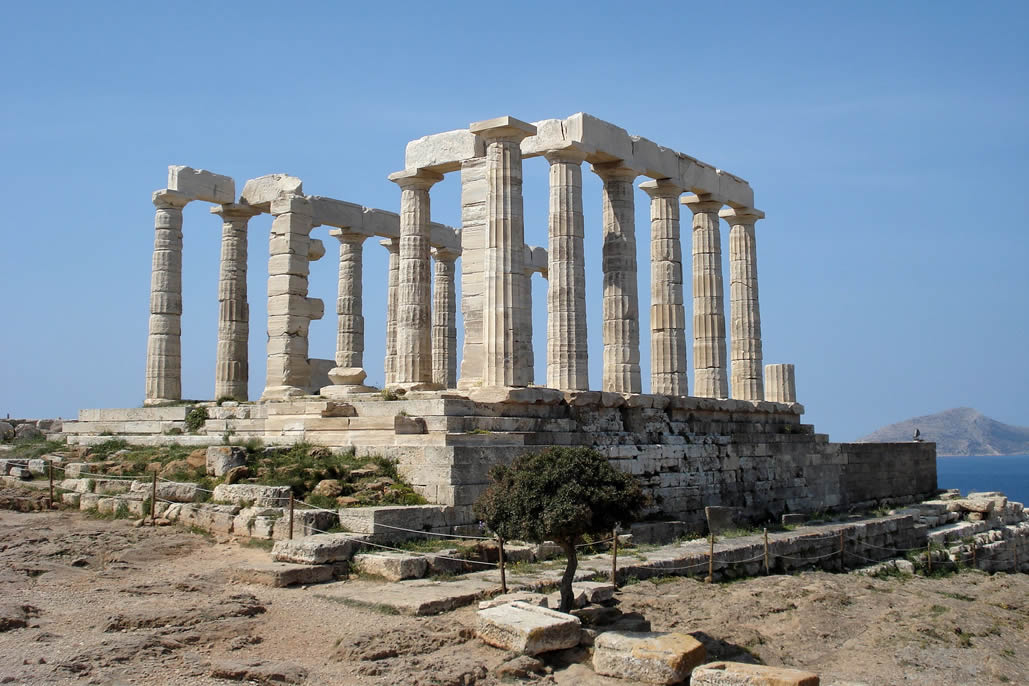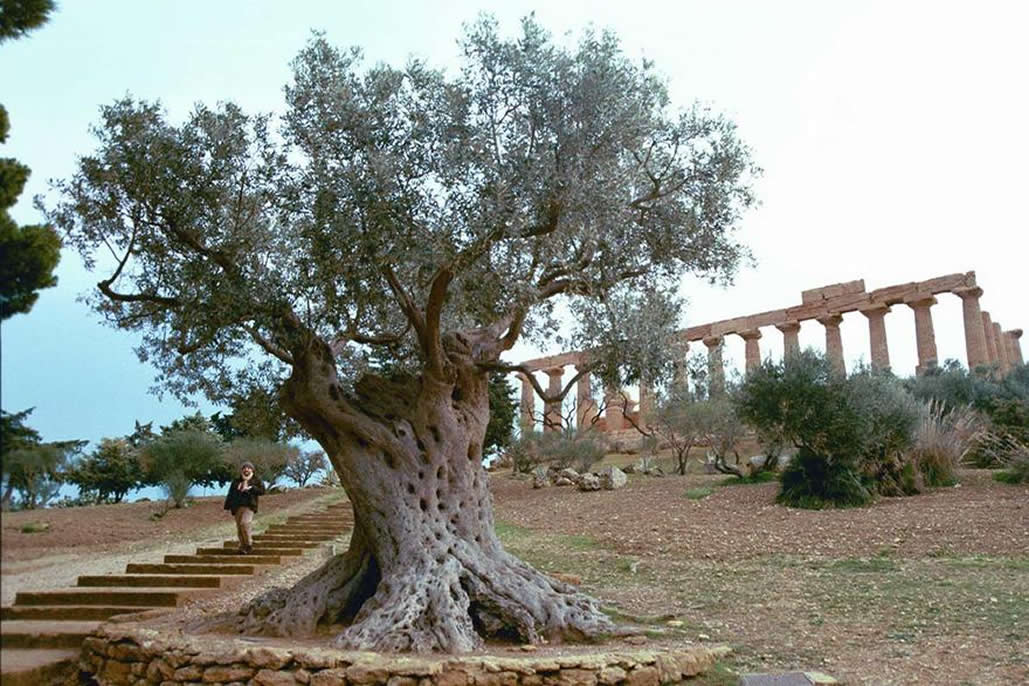The Sacred Olive Tree in Ancient Greece
The connection between Athens and the olive harks back to the famous competition between Athena and her uncle Poseidon. The city was to be named after the deity who offered the most useful gift to its citizens.
Poseidon struck his trident into the rock of the Acropolis, creating a salt-water spring, whilst Athena planted an olive tree. The citizens chose Athena’s gift and named their city Athens. Even today, an olive tree stands on the Acropolis and the Erechtheion stands on the spot struck by Poseidon’s trident.
The connection between Athens and the olive harks back to the famous competition between Athena and her uncle Poseidon. The city was to be named after the deity who offered the most useful gift to its citizens.
Poseidon struck his trident into the rock of the Acropolis, creating a salt-water spring, whilst Athena planted an olive tree. The citizens chose Athena’s gift and named their city Athens. Even today, an olive tree stands on the Acropolis and the Erechtheion stands on the spot struck by Poseidon’s trident.
As a symbol, olive branches used to indicate wisdom, peace, prosperity, victory and fertility and we could reasonably assume that the whole of Greek civilization was established upon this blessed tree for its cultural and economic contribution.
Olives and olive oil used to be useful for plethora of usages in ancient Greece such as medicine, beauty, heat, lighting, while their pharmaceutical and nutritional value is now recognized throughout the whole of the modern world.
A number of facts show to us the relationship between the olive tree and its product with some social activities. It is characteristic that when the first Olympic Games took place in Olympia in 776 BC an olive-tree branch (kotinos) was the award to the winners symbolizing the armistice of any hostility and the peace.
The mythical journey of olive, from ancient years to the present time, defined the modern world in terms of economy, trade, culture, and medicine ever since.




